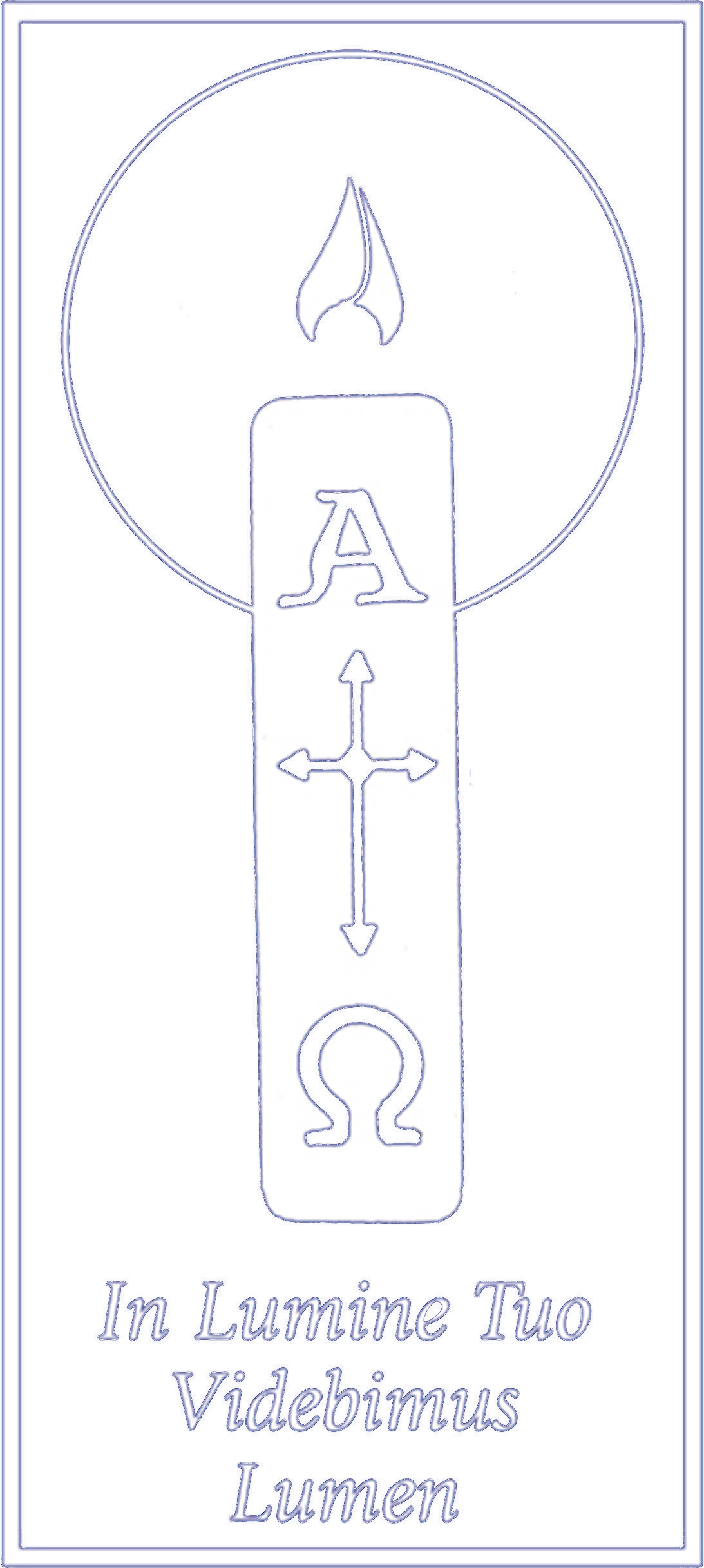New Board Member Scott Turicchi Shares Why Lumen Christi’s Presence is Essential in Today’s Society
“We live in a soundbite culture,” says Scott Turicchi. Can you say something in 30 seconds? Can you express yourself with 140 characters in a tweet?
Turicchi—President at j2 Global, Inc, a company which offers cloud services for businesses—knows a great deal about the frenzied pace of the business world where people have little time for substantive philosophical conversation.
He finds these interactions between people, where they barely skim the surface, deeply disconcerting. “How do you communicate and teach people in such a culture?” When people are accustomed to tweets and posts and text messages, “how do you condense for them an understanding of Church doctrine?” he asks.
The culture—as well as the educational system—has broken down over the past decade, he claims. He is concerned that the current and next generation is “very poorly educated,” that it suffers from an inability to think clearly, which can lead them to being duped easily by anyone from an unscrupulous business leader to a corrupt politician.
Then there is the opposite end of the spectrum where there are “very highly educated people who are narrow in what they are educated in.”
For this reason, Turicchi is impressed by the work of the Lumen Christi Institute. He describes its institutional presence as “counter-cultural,” that it serves as a reminder that “knowledge is deep and rich, and that you need the time to discuss and ponder.”
Because it draws from a pool of some of the world’s leading experts in their various academic disciplines (starting at the University of Chicago), it brings people into conversation on topics they wouldn’t ordinarily have with colleagues in their specialization.
He has been particularly impressed by the conferences on Economics and Catholic Thought that take place in the spring. “If that’s all that Lumen Christi did, it would be enough,” he says.

“To see bishops listening to Nobel laureates—to hear the exchange of philosophical perspectives along with church views—is invaluable,” he adds. He praises the organization of the conferences in which a great deal of intellectual stimulation takes place during coffee breaks, over lunch, and over a glass of wine at a reception.
He witnessed firsthand the benefits of a two-day long conference. During one of the luncheons, he sat next to American economist and Nobel laureate Roger Myerson (noted for laying the foundations of mechanism design theory) and overheard his conversation with a female philosopher who didn’t share his rigid “numbers approach.” He found that their conversation “away from the formal spotlight” enabled them to “more deeply develop their views, and grow in a deeper respect and understanding of each other’s positions.”
Because he finds a deep and sustained pursuit of the truth as absolutely essential to human flourishing, Turicchi also commends the Lumen Christi Institute Summer Seminars.
“I like the idea of educating the educators,” he says. With this kind of program, “you’re diving right in, giving ammunition to people who will teach or do research. They need that kind of fire-power. They are not getting it in the university environment where they are getting their PhD.”
Whether reaching out to graduate student, lawyers, economists, or bishops, the Lumen Christi Institute is helping transform the culture. “Very few of us live outside the culture,” he says. “There are very few hermits.
In today’s society, “Lumen Christi stands out as a challenge to the nature of discourse and dialogue,” he says. With its commitment to the lengthy and complex nature of acquiring knowledge, “it is laying out a challenge to people in authority and power,” he says.
Finally he is “awed by how much it does with so little.” He spoke of his disappointment with other organizations that had an “infinite budget” but struggled to execute effective programming. When he learned how the Institute was able to put on events, symposia, seminars, and conferences with “world-class people” on a modest budget, he was amazed. “You must be a magician,” he has said to the Institute’s Executive Director.
As the Board’s newest member—residing on the West Coast—“it would be wonderful if we were able to spread the Institute’s work to other parts of the country and even the world.” The Institute is very localized. He commented that it would be great to have even a half-day economics conference in Los Angeles. “We need it here too,” he said.
Turicchi is delighted to be joining the Institute’s Board of Directors at this stage of the organization’s development.
“I think that the seeds have been planted and it is maturing,” he said of Lumen Christi. During the next phase of its growth, he is eager to discuss and help facilitate “how we make this more available to a broader community.”





